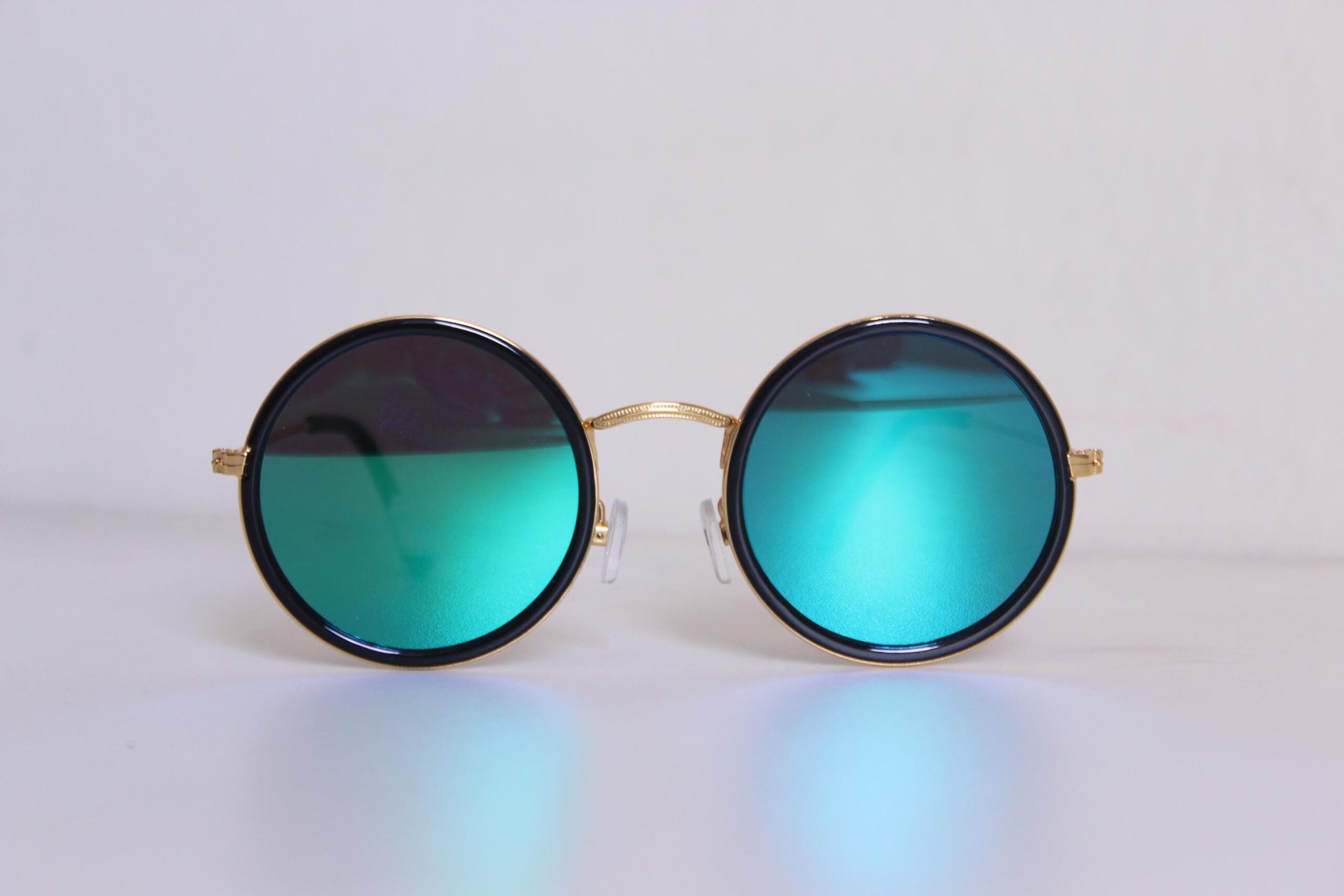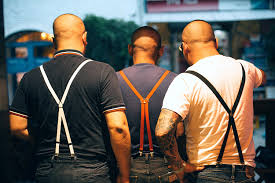
Are you curious about the business of fashion careers? Exploring the dynamic world of fashion entrepreneurship and job opportunities can be thrilling. From design to marketing, the blend of creativity and strategy drives success in this industry. Embrace the potential for growth and innovation by delving into the diverse avenues within fashion business. Embracing the business of fashion careers opens up endless possibilities for those passionate about style and commerce. Dive into this exciting realm and carve out your unique path in the thriving fashion sector.
The Business of Fashion Careers
Embarking on a career in the fashion industry isn’t solely about designing clothes or walking the runway. Behind the glamour and glitz lies a complex web of business functions that drive the multi-billion dollar global fashion industry. If you have a passion for both fashion and business, then a career in the business side of fashion might be the perfect fit for you.
Roles in Business of Fashion
Within the business side of the fashion industry, there are various roles tailored to different skill sets and interests. Here are some key career paths:
Fashion Buyer
- Responsible for selecting and purchasing apparel and accessories to be sold in retail stores.
- Analyzes consumer trends, sales data, and market research to make informed buying decisions.
- Negotiates with suppliers and vendors to secure the best merchandise at competitive prices.
Fashion Merchandiser
- Closely collaborates with buyers to plan and implement product development strategies.
- Determines pricing strategies, product placement, and promotional activities to maximize sales.
- Monitors inventory levels and analyzes sales data to forecast future trends.
Fashion Marketer
- Develops and executes marketing campaigns to promote fashion brands and products.
- Utilizes social media, advertising, and public relations to create brand awareness and drive sales.
- Conducts market research to identify consumer preferences and trends.
Fashion Public Relations Specialist
- Builds and maintains relationships with media outlets, influencers, and celebrities to generate positive publicity for fashion brands.
- Organizes events, fashion shows, and press releases to showcase new collections.
- Handles crisis management and addresses any negative publicity effectively.
Skills and Qualifications
To excel in a business of fashion career, certain skills and qualifications are essential. These include:
- Strong analytical skills to interpret market trends and consumer behavior.
- Excellent communication skills for negotiation, presentation, and relationship building.
- Creativity and a keen eye for aesthetics to understand design and branding concepts.
- Business acumen to make strategic decisions and manage budgets effectively.
- Adaptability and resilience in a fast-paced and ever-changing industry.
Education and Training
While creativity is a vital component of the fashion industry, business acumen is equally important. Many business of fashion careers require a combination of education and hands-on experience. Some common educational paths include:
Bachelor’s Degree in Fashion Merchandising
A degree in fashion merchandising equips you with a solid foundation in business principles and fashion industry knowledge. Courses may cover retail management, marketing, textiles, and trend forecasting.
Master’s Degree in Fashion Management
For those seeking advanced knowledge and leadership roles in the fashion business, a master’s degree in fashion management offers specialized training in areas such as branding, supply chain management, and global market strategies.
Internships and Work Experience
Hands-on experience through internships or entry-level positions is invaluable in gaining practical insights into the fashion industry. Interning at fashion companies, retail stores, or marketing agencies can provide valuable networking opportunities and industry exposure.
Job Outlook and Salary
According to the Bureau of Labor Statistics, the job outlook for careers in the business of fashion varies by role. Here are some projected growth rates and median salaries for key positions:
Fashion Buyer
- Projected Job Growth: 7% (slower than average)
- Median Salary: $67,600 per year
Fashion Merchandiser
- Projected Job Growth: 3% (slower than average)
- Median Salary: $64,530 per year
Fashion Marketer
- Projected Job Growth: 6% (as fast as average)
- Median Salary: $135,900 per year
Fashion Public Relations Specialist
- Projected Job Growth: 6% (as fast as average)
- Median Salary: $61,150 per year
Networking and Professional Development
Networking is a crucial aspect of advancing in the business of fashion. Attending industry events, joining professional organizations, and connecting with mentors can open doors to new opportunities and valuable insights. Some ways to enhance your network include:
- Attending fashion industry conferences and trade shows.
- Participating in online fashion forums and social media groups.
- Volunteering at fashion events or charity galas to meet industry insiders.
Wrapping Up
As you navigate the intricate world of fashion business careers, remember that passion, perseverance, and a strategic mindset are key to success. Whether you’re crunching numbers as a fashion buyer or crafting compelling marketing campaigns as a fashion marketer, the business side of fashion offers a dynamic and rewarding career path for those with a blend of creativity and business savvy.
Frequently Asked Questions
What are the key skills needed to succeed in a business of fashion career?
To excel in a career in the business of fashion, key skills include strong analytical abilities, excellent communication skills, creativity, project management skills, and a good understanding of market trends and consumer behavior.
What are some common job roles in the business side of the fashion industry?
Common job roles in the business side of the fashion industry include fashion buyer, retail manager, marketing manager, merchandiser, fashion brand manager, and product development manager.
How important is networking in building a successful career in the business of fashion?
Networking is crucial in the business of fashion as it helps professionals establish connections, learn about industry trends, and create opportunities for career advancement. Building a strong network can lead to collaborations, partnerships, and potential job opportunities.
Is a degree in fashion business necessary to pursue a career in the business side of the fashion industry?
While a degree in fashion business can be beneficial, it is not always necessary to pursue a career in the business side of the fashion industry. Relevant experience, skills, and a deep understanding of the industry can also open doors to various business roles within the fashion sector.
How can one stay updated with the latest trends and developments in the business of fashion?
To stay informed about the latest trends and developments in the business of fashion, professionals can attend industry events, subscribe to fashion business publications, follow influential figures in the industry on social media, and participate in online forums and webinars related to fashion business.
Final Thoughts
In conclusion, pursuing a career in the business of fashion offers dynamic opportunities in a competitive industry. Networking and continuous learning are key to thriving in fashion careers. Individuals passionate about the business side of fashion can find success by staying current on industry trends and leveraging their creativity. Embracing challenges and adapting to the ever-evolving landscape are essential for those seeking to excel in the business of fashion careers.





